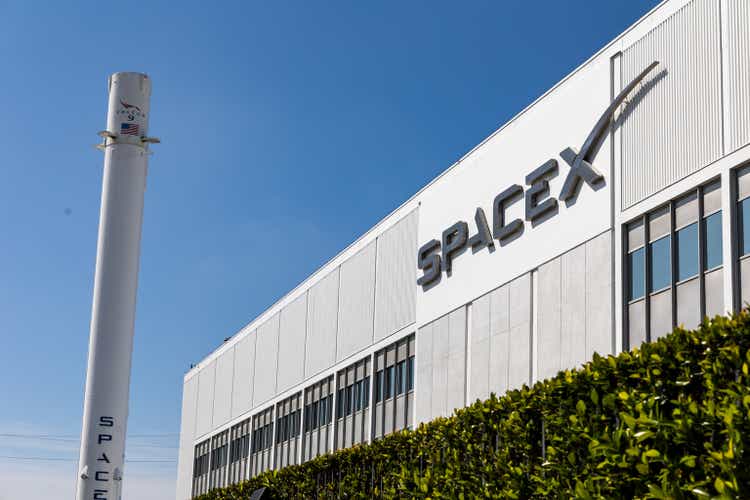- The United States is facing its most severe measles outbreak in more than three decades, with confirmed cases surpassing any annual total since 1992.
Public health officials are sounding the alarm as the nation grapples with a resurgence of a disease once declared eliminated, driven largely by falling vaccination rates and growing vaccine hesitancy.
As of early July, at least 1,277 measles cases had been confirmed across 38 states and the District of Columbia, according to data collected by Johns Hopkins University. This figure marks the highest tally since 1992, when more than 2,100 infections were reported.
The outbreak has resulted in at least 155 hospitalizations and three deaths, including two children in Texas and an adult in New Mexico, all of whom were unvaccinated. The CDC warns that the actual number of cases may be higher, as some infections go unreported.
- Texas has emerged as the epicenter, with over 750 cases since January, particularly in communities with low vaccination coverage.
- New Mexico and Kansas have also reported significant outbreaks.
- In total, 38 jurisdictions had documented cases as of July 1.
The surge in measles cases is closely linked to a decline in vaccination rates, especially among children. A recent analysis by Johns Hopkins found that the average county-level measles-mumps-rubella (MMR) vaccination rate dropped from 93.9% before the COVID-19 pandemic to 91.3% in 2024 — well below the 95% threshold needed for herd immunity. In 2023-24, a record number of kindergartners received exemptions from required vaccinations, leaving over 125,000 new schoolchildren without at least one mandated vaccine.
According to the CDC, 92% of this year’s measles cases involved individuals who were unvaccinated or whose vaccination status was unknown. Only about 8% of confirmed cases occurred in people who had received one or two doses of the MMR vaccine.
Measles is among the most contagious diseases known. Health officials are urging Americans to get vaccinated, emphasizing that the MMR vaccine is safe and 97% effective after two doses. In response to the outbreak, Texas alone administered over 173,000 doses of the measles vaccine in the first three months of 2025, a notable increase from the previous year.
Experts warn that if the current rate of transmission continues, the U.S. could lose its measles elimination status — a designation it has held since 2000. The CDC and local health departments are intensifying outreach and vaccination campaigns, particularly in communities with low coverage.
For this story, Fortune used generative AI to help with an initial draft. An editor verified the accuracy of the information before publishing.
This story was originally featured on Fortune.com

 4 hours ago
1
4 hours ago
1














 English (US) ·
English (US) ·